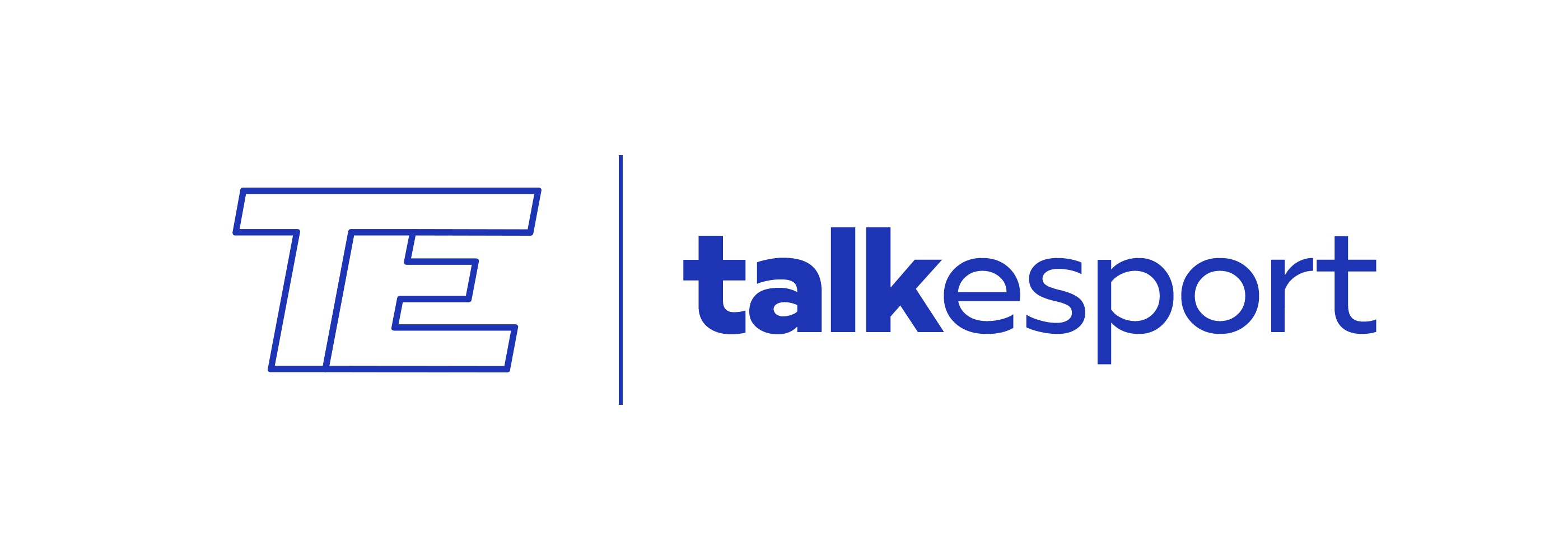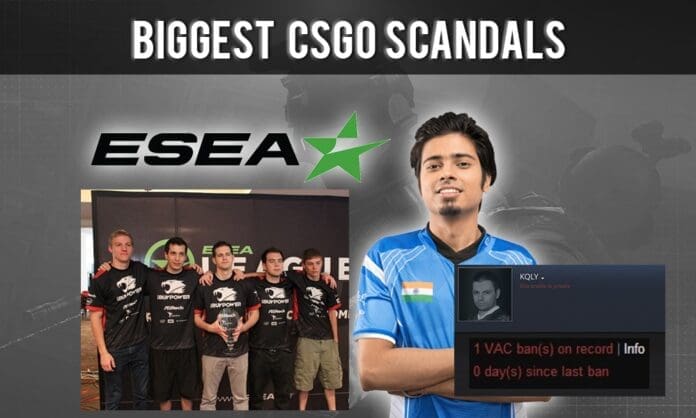Hitting new average concurrent players this year, Counter-Strike: Global Offensive is more lively than ever since its inception. The game has seen its fair share of ups and downs from the very beginning in 2012. With a robust and stacked professional scene, this game is one of, if not the most viewer-friendly esport title. Riot Games’ new first-person shooter (FPS) – Valorant, is, however, the talk of the town at present.
From cheating to match-fixing, the community has seen it all. Let us go through some of the biggest scandals in Counter-Strike: Global Offensive‘s timeline.
ESEA Bitcoin Saga

E-Sports Entertainment (ESEA), a subsidiary of Modern Times Group (MTG) that also owns Electronic Sports League (ESL) was caught red-handed for mining Bitcoins through its game client in 2013. At first, ESEA chief joked it off as an April fool’s prank. Then it initially claimed to have mined $280 in 48 hours, however, they eventually owned up to their blunder entirely and revealed to have minted $3,602. The community was highly furious and the matchmaking platform faced the wrath of its userbase.
“The fact that the code was even written to be integrated into the client in the first place is a major concern,” said an enthusiastic ESEA user explaining the whole mining saga on his YouTube channel. ESEA apologized and announced that all the money raised through Bitcoin miner would be added to ESEA Season 14’s prize pool. US Regulators had whipped ESEA with a $1,000,000 fine for “infecting thousands of personal computers with malicious software code,” said the press release.
KQLY handed VAC Ban
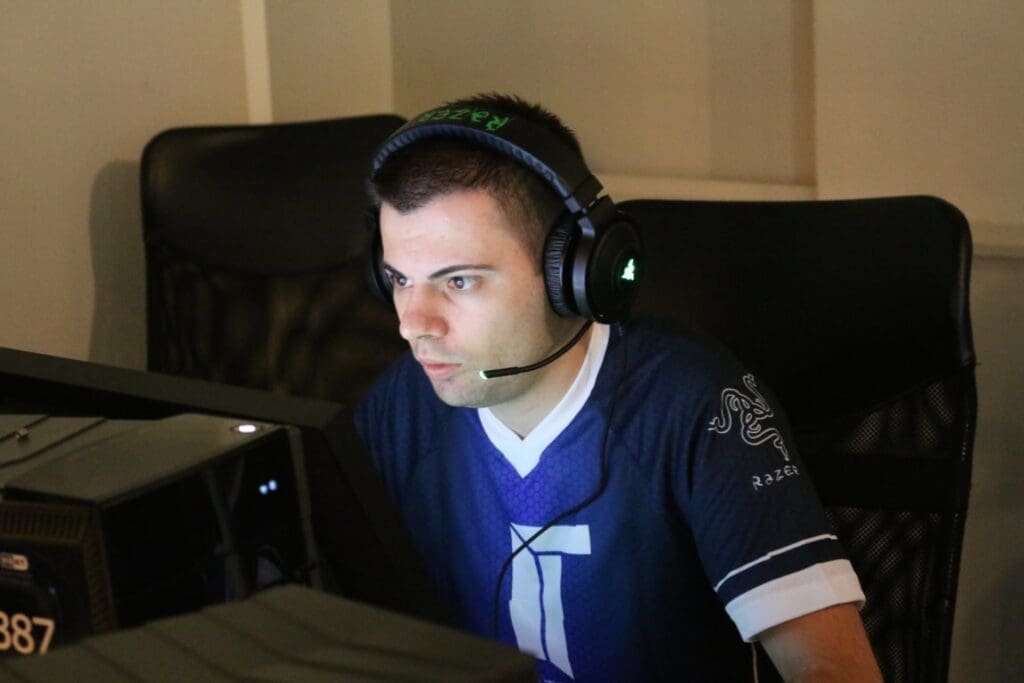
Hovik “KQLY” Tovmassian was drawing quite some attention in late 2013 within the French Counter-Strike scene. After he won ESWC 2013 and showcased his fiery skills at DreamHack Winter 2013 under Clan-Mystik, he was soon signed by Team LDLC. His side secured satisfactory performances at DreamHack Valencia 2014, ESL One: Cologne 2014 major, and EMS One Katowice 2014 major, though, he joined a couple of his LDLC teammates’ fresh project over at Titan. They triumphed DreamHack Stockholm 2014 but that was beginning of the end for KQLY!
On November 20, 2014, he was handed Valve Anti-Cheat (VAC) ban. This ban raised several doubts in the minds of the community that anticipated various other professionals to follow suit. However, for much of the ruckus, his 1vs1 clutch against Virtus.pro’s Jarosław “pashaBiceps” Jarząbkowski at ESL One: Cologne 2014 laid birth to what we today call as ‘KQLY shot’ or ‘KQLY style’. He clutched the round over his opponents with a jump-shot over at A-site elevator on Dust II to avert overtime and conclude the map 16-14 in regulation.
Olofpass or Overpass?
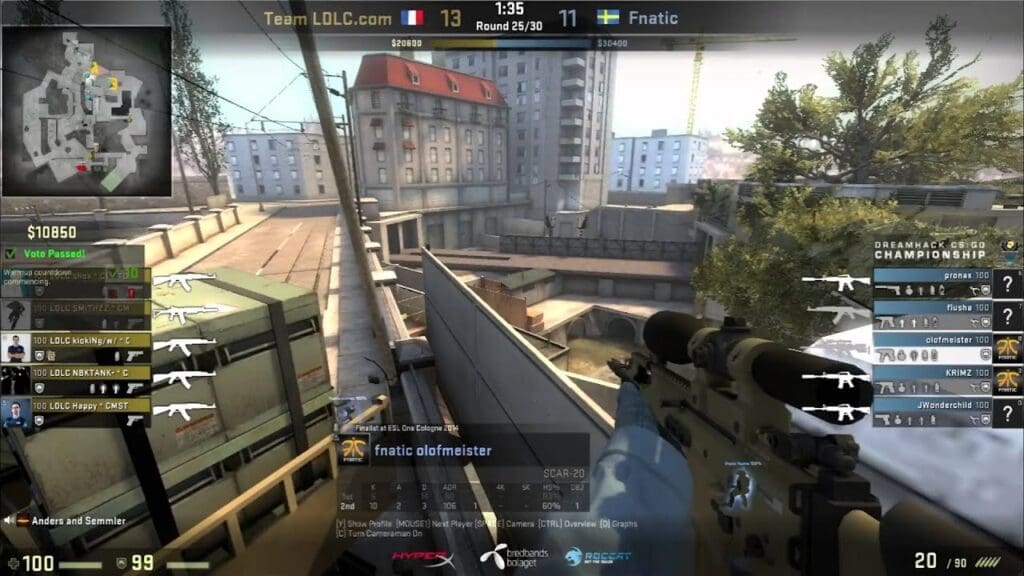
At DreamHack Winter in December 2014, fnatic were paired against Team LDLC in the quarter-finale. Both sides grabbed a map each and Overpass being the decider began. Team LDLC took 12-3 lead in the first half on the CT side and won the second pistol round as well. Fnatic had earlier warned that they had ‘crazy stuff’ planned for Overpass.
Subsequently, fnatic unveiled their confidential boost at CT spawn which allowed fnatic’s Olof “olofmeister” Kajbjer visible access towards B-short, monster tunnel and washroom. After they used this cheeky boost, Team LDLC couldn’t win a round and fnatic secured the map 16-13. However, the organizers ordered a replay of the third map citing ‘texture transparency’ and ‘immortal bugs’ used by either sides.
Fnatic were hostile of DreamHack’s decision and forfeited the re-match to register their protest. On the other hand, Team LDLC won the consecutive matches to win the DreamHack Winter 2014 major. This boost and the succeeding decision by tournament organizers and organizations shocked the whole scene. This boost is more adamantly known as ‘Olofpass boost’ and this epic showdown is commemorated in the game with a graffiti or a warning sign to be more precise.
iBUYPOWER Match-fixing Scandal
On August 20, 2014, in the CEVO Professional League Season 5 match between iBUYPOWER and NetcodeGuides.com, the former being the favorites lost 16-4. The community was quick to claim match-fixing based upon rogue gameplay clips. However, disciplinary actions were taken in the aftermath of January 2015 article published by prominent esport journalist – Richard Lewis, revealing sensitive information and decisive proofs to summon indefinite ban on four players of iBP, 2 players close to iBP lineup and Casey “caseyfoster” Foster, co-founder of NetcodeGuides.com.
It is compelling to observe that NetcodeGuides.com was founded by Sam “DaZeD” Marine (captain of iBP lineup) and Casey “caseyfoster” Foster. Four members of iBUYPOWER had placed bets on CS:GO Lounge while the fifth player, Tyler “Skadoodle” Latham came out of the controversy unscathed. He went on to win ELEAGUE Major: Boston 2018 with Cloud9. In 2017, ESL, DreamHack and ESEA lifted the indefinite ban over players, however, Valve is adamant upon its stance.
2016 Gambling Fiasco
Gambling and betting was on a rise in Counter-Strike: Global Offensive since 2014. The websites offered services to place bets on professional matches and several casino games facilitated through CS:GO skins. This game apparently has a mighty underage player base that was exposed to illegal gambling. CS:GO gambling was a huge underground industry and the bubble had burst in 2016 when popular YouTubers were caught promoting their own websites without revealing it to their viewers.
Miscreant YouTubers Tom “ProSyndicate” Cassell and Trevor “TmarTn” Martin advertisied CS:GO Lotto as they allegedly faked to win thousands of dollars alongside sham reactions on live streams. The former apologized and obliged to be more transparent in the future. However, TmarTn initially said his ownership of CS:GO Lotto was never a secret, but, later uploaded a half-baked apology on YouTube as US Federal Trade Commission (FTC) initiated an investigation into the matter.
The bubble was even bigger. Valve initially turned a blind eye since growth of skin gambling was directly proportional to the growth of game. However, Valve received class-action lawsuits amid FTC’s intervention. This intervention compelled Valve to issue ‘cease and desist’ letter to 23 gambling sites that accepted CS:GO skins as a medium to facilitate gambling. Despite FTC’s involvement, both the YouTubers come out of the fiasco unscathed.
Skeleton in the Closet – forsaken gets caught mid-game
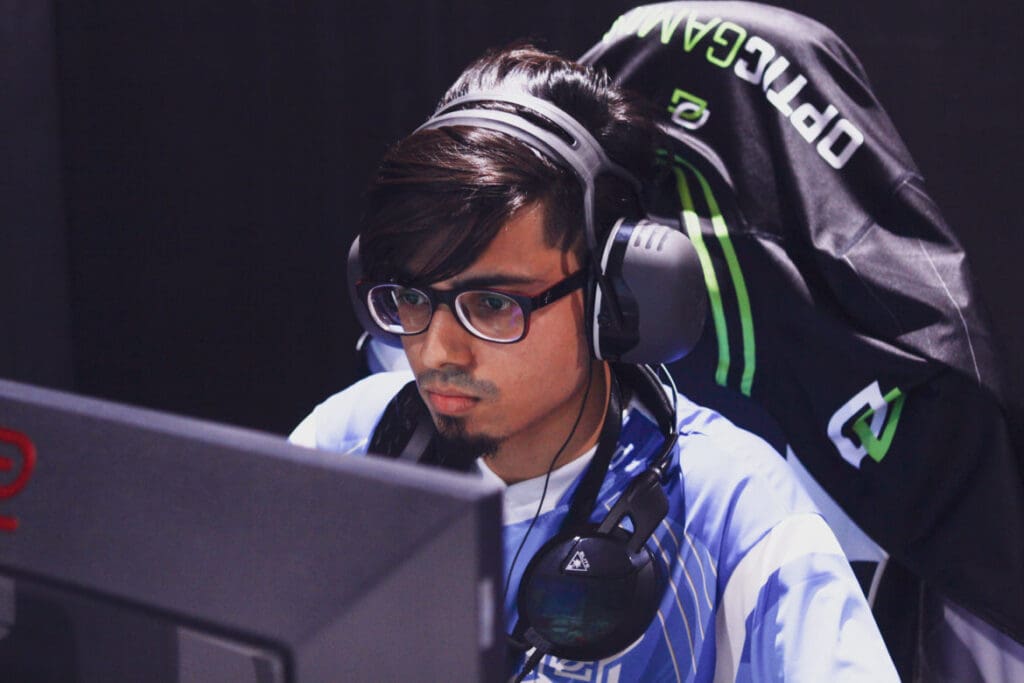
In 2018, OpTic traveled all the way to India to sign an Indian roster foreseeing the growing esport market in the sub-continent. The North-American organization hoped to capitalize on the scene with first-mover advantage. However, the end result was quite the contrary as the move backfired. OpTic India conducted open tryouts and finalized the final five after much deliberation with Nikhil “forsaken” Kumawat being selected. 24-year-old had a shady past.
Earlier in 2017, forsaken was banned by Esports Integrity Coalition (ESIC) for 2 years due to his association with a VAC banned account. Apparently, his ban was reduced to 6 months upon reportedly providing proofs that he sold that account and the possessor had allegedly used hacks and received VAC ban. OpTic’s consultants in India were highly optimistic of ‘forsaken’s finesse’. OpTic India had won ESL India Premiership 2018 Winer Finale (later disqualified) and qualified for Zowie eXTREMESLAND 2018 in China.
OpTic India initially lost its opening match against FrostFire 16-6 and were paired against Vietnam’s Revolution in the decider. OpTic India had secured the first map but forsaken went blatant in the second map with few nasty shots and admins paused the game to inspect his PC. He labeled his hacks as ‘word.exe’ and the whole community ridiculed and mocked his silliness.

